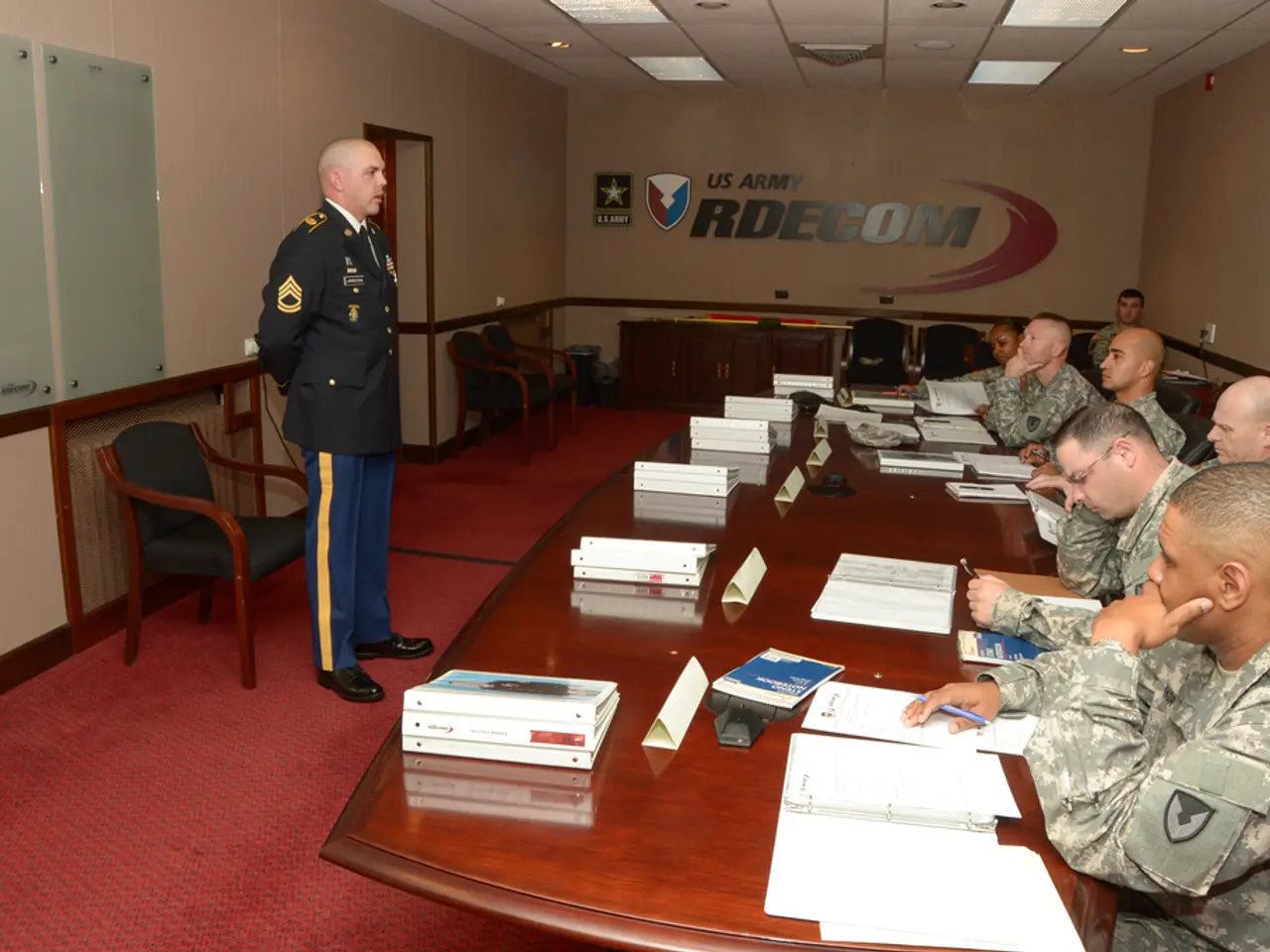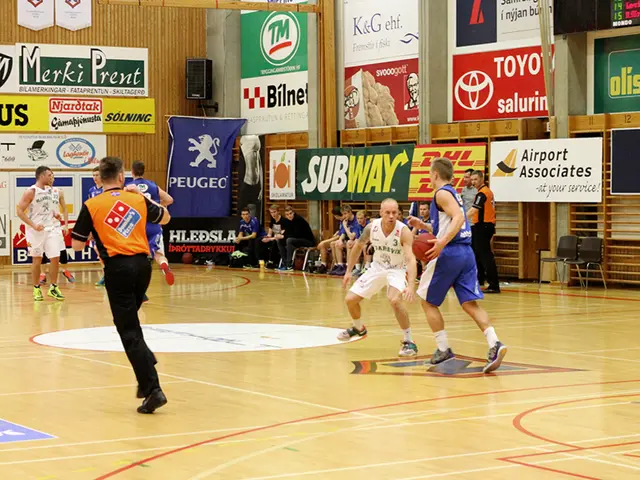New location announced for National Security Council's main office.
In a significant move to strengthen national security and improve coordination across government agencies, Germany has established a National Security Council (NSC). The NSC, designed to overcome silo thinking and become a hub for integrated and networked security thinking, aims to centralize security-related strategic discussions and enable faster, more coherent policy responses, particularly in cybersecurity and digital threat management[1][4].
The NSC will be chaired by the Federal Chancellor, currently Friedrich Merz (CDU), with the Minister of Finance serving as deputy chair. Other members include the Ministers for Foreign Affairs, the Interior, Justice and Consumer Protection, and the Digital Minister. This cross-ministerial collaboration reflects an effort to integrate security policy with financial, legal, and digital perspectives[4].
The NSC will operate within the Chancellor’s Office, with Jacob Schrot appointed to head its staff unit, emphasizing its role as a strategic coordinating body directly linked to the highest level of federal government[1][4].
The council's strategic work will include updating the National Security Strategy developed under the traffic light government. It will also convene in crises and develop strategies for threat situations[2]. Decisions of the NSC can be made public, marking a departure from previous structures that were considered fragmented or less integrated[1][4].
To support the NSC in its strategic work, experts from think tanks, foundations, and academia will be enlisted. Additionally, plans for a National Crisis Staff of the federal government and a National Situation Center in the Federal Chancellery have been announced[3].
The NSC will take over the tasks of the Federal Security Council and the Security Cabinet. It will meet in crisis situations, such as the Iranian attack on Iranian nuclear facilities in mid-June, the beginning of the Russian attack on Ukraine in February 2022, the chaotic evacuation from Afghanistan in August 2021, and potential cyberattacks on German authorities[5].
The rules of procedure for the National Security Council will be adopted at the next meeting of the Federal Cabinet, scheduled for August 27 in the Ministry of Defense in Berlin. The German National Security Council will bring together information on internal, external, digital, and economic security, meeting regularly for strategic discussions and planning[6].
This development represents a significant modernization and centralization of Germany’s security architecture to better respond to contemporary challenges.
[1] Bundesregierung (2022). Nationaler Sicherheitsrat. Retrieved from https://www.bundesregierung.de/breg-de/nationaler-sicherheitsrat-2032132
[2] Bundesregierung (2022). Nationaler Sicherheitsrat: Veränderungen im Sicherheitssystem. Retrieved from https://www.bundesregierung.de/breg-de/nationaler-sicherheitsrat-veranderungen-im-sicherheitssystem-2032133
[3] Bundesregierung (2022). Nationaler Sicherheitsrat: Veränderungen im Sicherheitssystem. Retrieved from https://www.bundesregierung.de/breg-de/nationaler-sicherheitsrat-veranderungen-im-sicherheitssystem-2032133
[4] Bundesregierung (2022). Nationaler Sicherheitsrat: Veränderungen im Sicherheitssystem. Retrieved from https://www.bundesregierung.de/breg-de/nationaler-sicherheitsrat-veranderungen-im-sicherheitssystem-2032133
[5] Bundesregierung (2022). Nationaler Sicherheitsrat: Veränderungen im Sicherheitssystem. Retrieved from https://www.bundesregierung.de/breg-de/nationaler-sicherheitsrat-veranderungen-im-sicherheitssystem-2032133
[6] Bundesregierung (2022). Nationaler Sicherheitsrat: Veränderungen im Sicherheitssystem. Retrieved from https://www.bundesregierung.de/breg-de/nationaler-sicherheitsrat-veranderungen-im-sicherheitssystem-2032133
The National Security Council (NSC), chaired by Federal Chancellor Friedrich Merz, will Homogenize security policy with financial, legal, and digital perspectives, as it includes members such as the Minister of Finance and the Digital Minister [4].
To facilitate the strategic work of the NSC, experts from various academic institutions, think tanks, and foundations will be consulted, ensuring a comprehensive approach to security, encompassing general-news and politics aspects [3].








